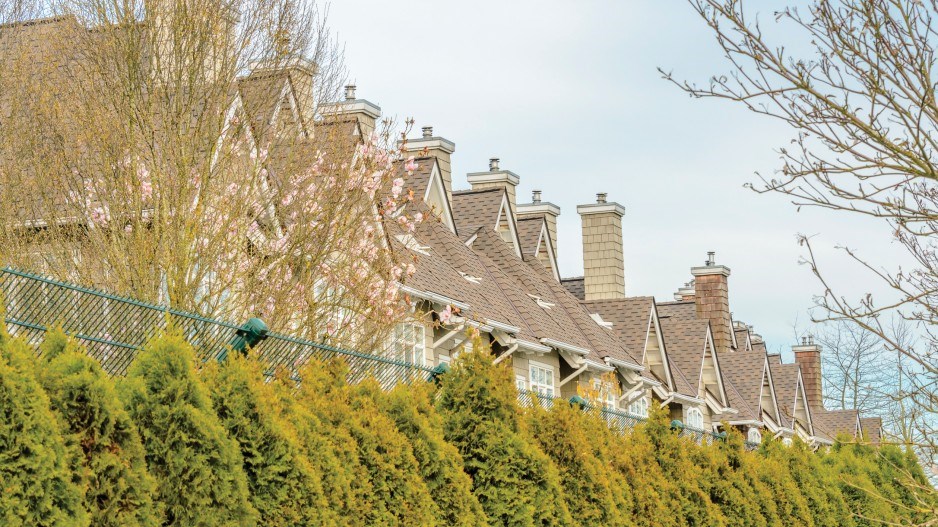The Fraser Valley’s real estate sector is worried B.C.’s new foreign buyer’s tax is going to dissuade blue-collar immigrants from picking the Lower Mainland as their destination.
Rob Philipp, chief executive officer for the Fraser Valley Real Estate Board (FVREB), said that while the new tax is aimed at high-end buyers, it’s only going to hurt the working-class immigrants who are trying to move to the region. He called the Fraser Valley’s immigrant population “the engine that drives us.”
“The people who are buying on the west side of Vancouver, they don’t really care about an extra 15% tax. If you’re buying two-, three- or four-million-dollar homes, they want into the market regardless.”
Philipp said the new tax also dampens the incentive for skilled out-of-country workers to settle in the region.
“As a province we’re trying to recruit really specialized professionals – doctors, nurses, certain types of engineers,” he said. “And those are people who are spending $800,000 to buy a place out here and now they’re thinking, ‘Well, I have to spend another $120,000. I’m not going to do it.’”
According to a recent report from the City of Surrey’s Local Immigration Partnership, the city’s labour force, like those of many across the country, is expected to shrink due to difficulties in replacing retired workers.
Surrey will create an additional 125,000 positions by 2041, but by 2022 there will be a labour shortage of 42,250 “unfillable jobs” within the city if current trends continue, the report says.
It also notes that “immigrants are expected to fill one-third of projected job openings in B.C. between now and 2022.”
Karen Kerr, a realtor with Sutton Group West Coast Realty who has multiple listings in Surrey, said she had a deal fall apart because of the new foreign buyer’s tax – though no money was lost – and since August 5 when the tax came into effect, everything has gone quiet.
“It’s like the switch has been flipped,” Kerr said. “All the buyers are waiting to see if the prices are going to come down. I’ve had two calls for showings in the last two weeks. It’s just gone completely dead.”
Kerr and Philipp agree with the idea behind the tax, which is aimed at keeping prices from skyrocketing, but they’re surprised the government didn’t find a way to grandfather deals in various stages of completion.
“There’s so many deals in the works,” Philipp. “If you bought a house last July and it doesn’t close until after August 5, now that the rules have changed, you’d sit there and think, ‘What, are we in Russia?’”
FVREB July figures show a continued downward trend. Sales last month decreased 10.2% compared with July 2015 and 31.5% compared with June. FVREB president Charles Wiebe said in a release that the board is not worried about the drop given how hot the market was earlier this year.
“While it may seem drastic or alarming when compared to months prior … this is a good thing for our market, and buyers especially,” Wiebe said. “Additional inventory will help ... remove some of the upward pressure on prices we’ve been seeing.”




